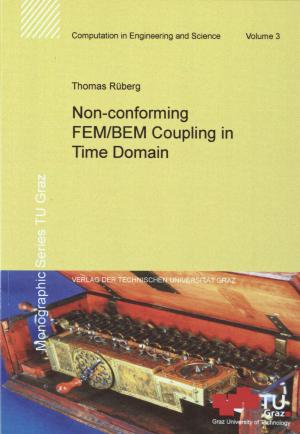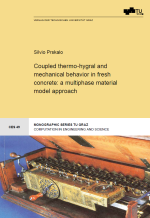The combination of finite and boundary element methods for the numerical solution of coupled problems has a long tradition. It has proved to be the method of choice for several applications among which are the acoustic-structure coupling or the soilstructure interaction. In this work, the concept of combining these two approximation methods is carried forward to dynamic problems by developing a coupling framework in which the local discretization method can be chosen independently. In fact, a Lagrange multiplier domain decomposition approach is preferred which allows for the most flexible combination of discretization methods within the same solution algorithm. Therefore, Dirchlet-to Neumann maps are realized on the discrete level for the static case or at each time step for the dynamic case. Moreover, the treatment of nonconforming interface meshes, i.e., interface discretizations which do not have coincident nodes or equal interpolation orders, is included easily into this approach. The considered physical models are the acoustic wave equation and the linear elastodynamic system together with their static limits, Laplace equation and elastostatics.
Issue: paperback
ISBN: 978-3-902465-98-6
Scope: 174 pages
Language: Englisch
Release date: June 2008
Series: Monographic Series TU Graz / Computation in Engineering and Science, Issue Vol. 3
Out of stock!
The combination of finite and boundary element methods for the numerical solution of coupled problems has a long tradition. It has proved to be the method of choice for several applications among which are the acoustic-structure coupling or the soilstructure interaction. In this work, the concept of combining these two approximation methods is carried forward to dynamic problems by developing a coupling framework in which the local discretization method can be chosen independently. In fact, a Lagrange multiplier domain decomposition approach is preferred which allows for the most flexible combination of discretization methods within the same solution algorithm. Therefore, Dirchlet-to Neumann maps are realized on the discrete level for the static case or at each time step for the dynamic case. Moreover, the treatment of nonconforming interface meshes, i.e., interface discretizations which do not have coincident nodes or equal interpolation orders, is included easily into this approach. The considered physical models are the acoustic wave equation and the linear elastodynamic system together with their static limits, Laplace equation and elastostatics.




